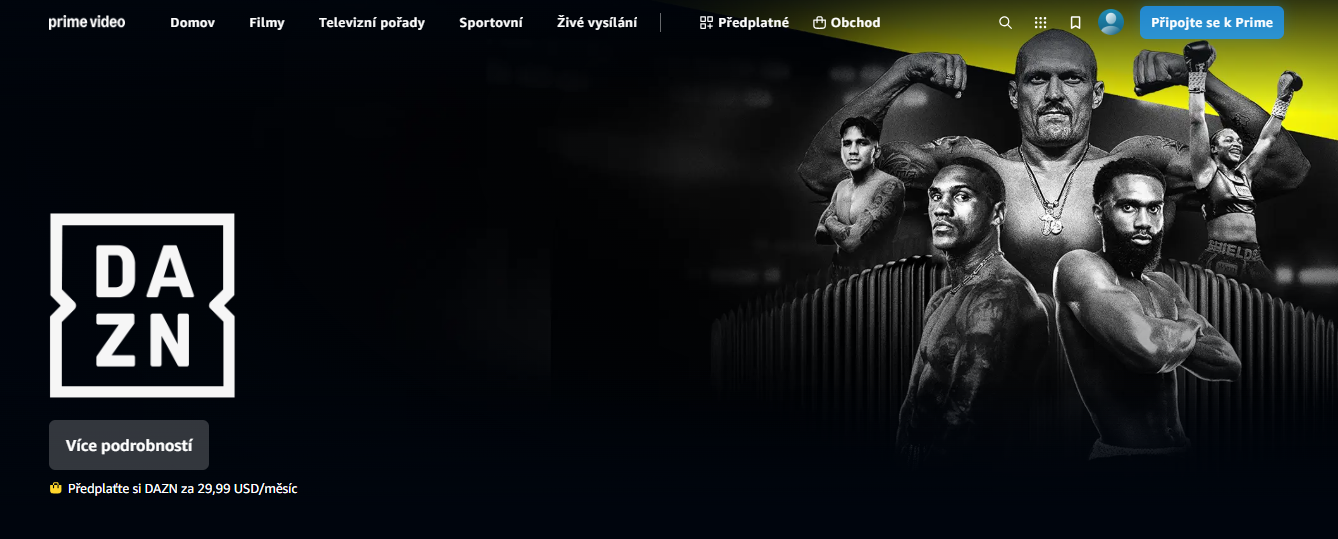The high-octane world of combat sports demands more than just athletic prowess; it requires astute leadership to navigate its complexities and ensure sustained success. Recent public discourse, sparked by a critique from Karate Combat president Asim Zaidi towards PFL co-founder Donn Davis, has brought into sharp focus the critical role of leadership perspectives in this dynamic industry. This exchange highlights a significant debate about the essential qualifications and mindsets needed for effective management within combat sports organizations.
The Crucial Role of Fighter Experience in Leadership
A key point of contention in the recent exchange revolves around whether leaders truly understand the fighter’s journey. Asim Zaidi’s critique suggests that decisions made by executives who lack direct experience in the trenches can inadvertently overlook the realities faced by athletes. This perspective argues that without personally enduring the grueling training regimens, the intense mental pressure of competition, and the constant hustle for opportunities, leaders may struggle to connect with what truly matters to the fighters. Zaidi implies that a genuine understanding, forged through lived experience, is vital for crafting strategies that resonate with the athletes and the passionate fanbase. This empathy allows for a deeper appreciation of the sacrifices and dedication inherent in professional fighting.
Balancing Financial Strategy with Athlete Well-being
The ongoing discussion prompts a vital question about the ideal background for those at the helm of combat sports promotions. While individuals with strong financial acumen, like Donn Davis, are indispensable for ensuring an organization’s fiscal health and operational smoothness, their business-centric approach might not always align perfectly with the nuanced needs of fighters. However, Davis has shown a capacity for adaptation and responsiveness, exemplified by his willingness to accommodate fighter Patricio Freire’s specific requests regarding his next bout. This suggests a level of emotional intelligence that enables flexibility and adjustment to better serve athlete needs. The core challenge lies in harmonizing a financially sound business strategy with the empathetic engagement necessary to genuinely support the unique demands and aspirations of professional fighters.
Fostering a Culture That Champions the Fighter
Zaidi advocates for leadership that is deeply embedded within the culture of combat sports, pointing to figures like Ray Sefo, a former champion and current executive, as exemplars of the respect, knowledge, and passion crucial for driving success. Such leaders, he believes, can significantly bolster an organization’s credibility and forge a more profound connection with both athletes and their supporters. While Donn Davis’s financial expertise is undeniably critical for the PFL’s stability, the current dialogue underscores the necessity of integrating this with a perspective that profoundly understands and prioritizes the fighter. Achieving this delicate equilibrium is paramount for cultivating an environment where exceptional talent can not only emerge but also thrive, supported by both robust business practices and a genuine, heartfelt appreciation for the sport’s emotional core.













 {"prefetch":[{"source":"document","where":{"and":[{"href_matches":"/*"},{"not":{"href_matches":["/wp-*.php","/wp-admin/*","/wp-content/uploads/*","/wp-content/*","/wp-content/plugins/*","/wp-content/themes/kadence/*","/*\\?(.+)"]}},{"not":{"selector_matches":"a[rel~=\"nofollow\"]"}},{"not":{"selector_matches":".no-prefetch, .no-prefetch a"}}]},"eagerness":"conservative"}]}
{"prefetch":[{"source":"document","where":{"and":[{"href_matches":"/*"},{"not":{"href_matches":["/wp-*.php","/wp-admin/*","/wp-content/uploads/*","/wp-content/*","/wp-content/plugins/*","/wp-content/themes/kadence/*","/*\\?(.+)"]}},{"not":{"selector_matches":"a[rel~=\"nofollow\"]"}},{"not":{"selector_matches":".no-prefetch, .no-prefetch a"}}]},"eagerness":"conservative"}]}